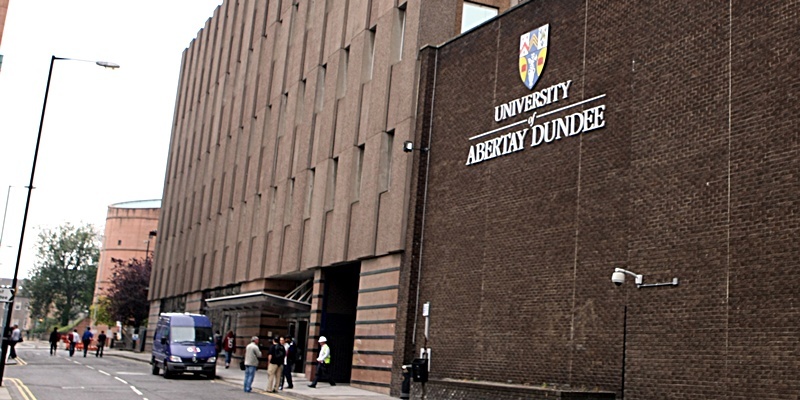Management at Abertay University in Dundee feared they would be personally sued during a dispute with the former principal.
Documents obtained by The Courier show members of the university court asked to be ”indemnified” against the possibility of Professor Bernard King taking separate legal actions against them.
The request came at the height of the bitter row, which saw allegations of age discrimination, the resignation of several members of the university court and the eventual retiral of Professor King.
The revelation will raise further questions about the precise details of the dispute, many of which still remain shrouded in secrecy.
First Minister Alex Salmond has expressed concern about the matter and hinted it led to dissatisfaction with the governance of the university.
It is understood his unease was over the cost to the public purse of the legal action and the size of the retirement package offered to Professor King to resolve the dispute.
The details of the severance terms which included the university’s library being named after the former principal are a closely guarded secret, with both parties declining to disclose the details.
The Courier lodged a series of freedom of information requests to shed light on the matter but the university refused to outline the details of the package, claiming it is exempt due to a confidentiality clause.
However, officials did reveal the university incurred legal expenses of £24,085 in relation to Professor King’s employment tribunal claim over age discrimination and whistleblowing.
The Scottish Funding Council (SFC), which distributes university funding, also refused to disclose details of the severance package, but did release heavily censored correspondence between the two organisations.
The letters reveal that on April 22 the university’s acting principal, Professor Nicholas Terry, wrote to SFC chairman Mark Batho asking permission to indemnify the university court.
He wrote: ”Authority from SFC is being sought for the University of Abertay Dundee to grant individual indemnities to each member of the university court against loss and costs that they might suffer as a result of their decisions and action as a member.”
Professor Terry added that the current legal situation ”does not provide any comfort to governors where an existing or former employee pursues (no matter how misjudged or without regard to the chances of success) a legal case against individuals.”
The SFC subsequently agreed that the university court could be provided with the indemnities, which means the university would have paid for any financial loss suffered by court members.
A spokesman for Abertay University told The Courier: ”Universities are required to seek approval from the funding council if there is a chance that a potential liability could go above a certain level.
”Effectively, the funding council is giving us permission to cover any liability out of our own resources, should the need arise. This is very common in matters relating to employment issues.”
Several members of the university court resigned during the dispute with Professor King, including Tayside Police chief constable Justine Curran and Perth and Kinross chief executive Bernadette Malone.
Replacements are being drafted into the court, which is largely made up of people from a business or public service background but also includes representatives of staff and students.
The dispute erupted in January when both Professor King and Professor Terry were suspended over allegations of misconduct.
The claims and counter claims were largely seen as part of power struggle between the two men a struggle that appeared to have been won by Professor Terry when he was reinstated and appointed acting principal.
However, the threat of legal action meant the row rumbled on until July, when it was announced a settlement had been reached with Professor King.
Further controversy was in store for Abertay and the search for a new principal was put on hold while the possibility of a merger with Dundee University was considered.
That idea has now been scrapped following a campaign meaning a replacement for Professor King, who earned more than £222,000 during his final years as principal, can now be found.
